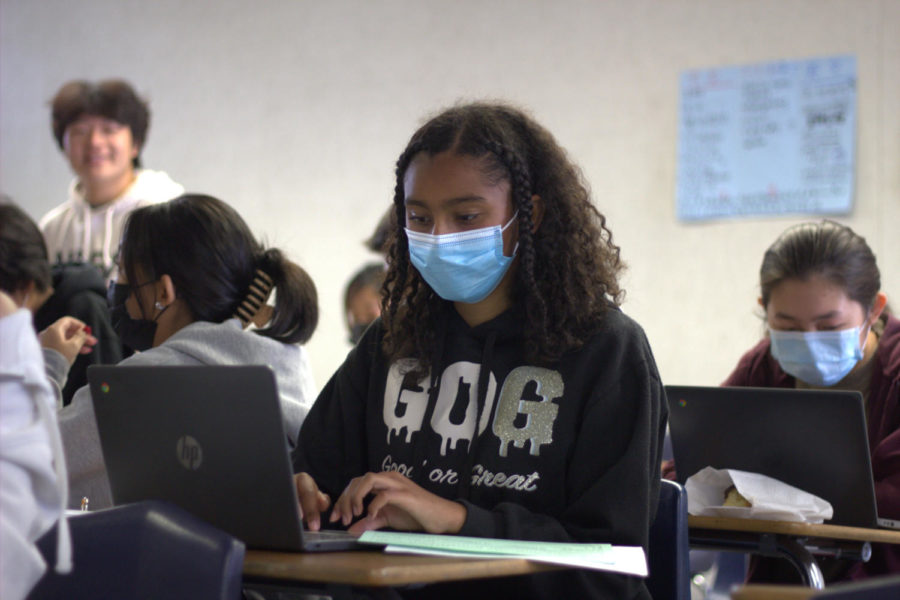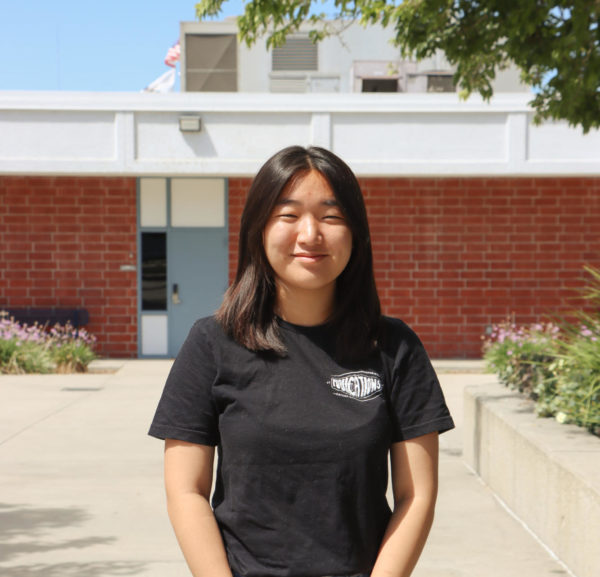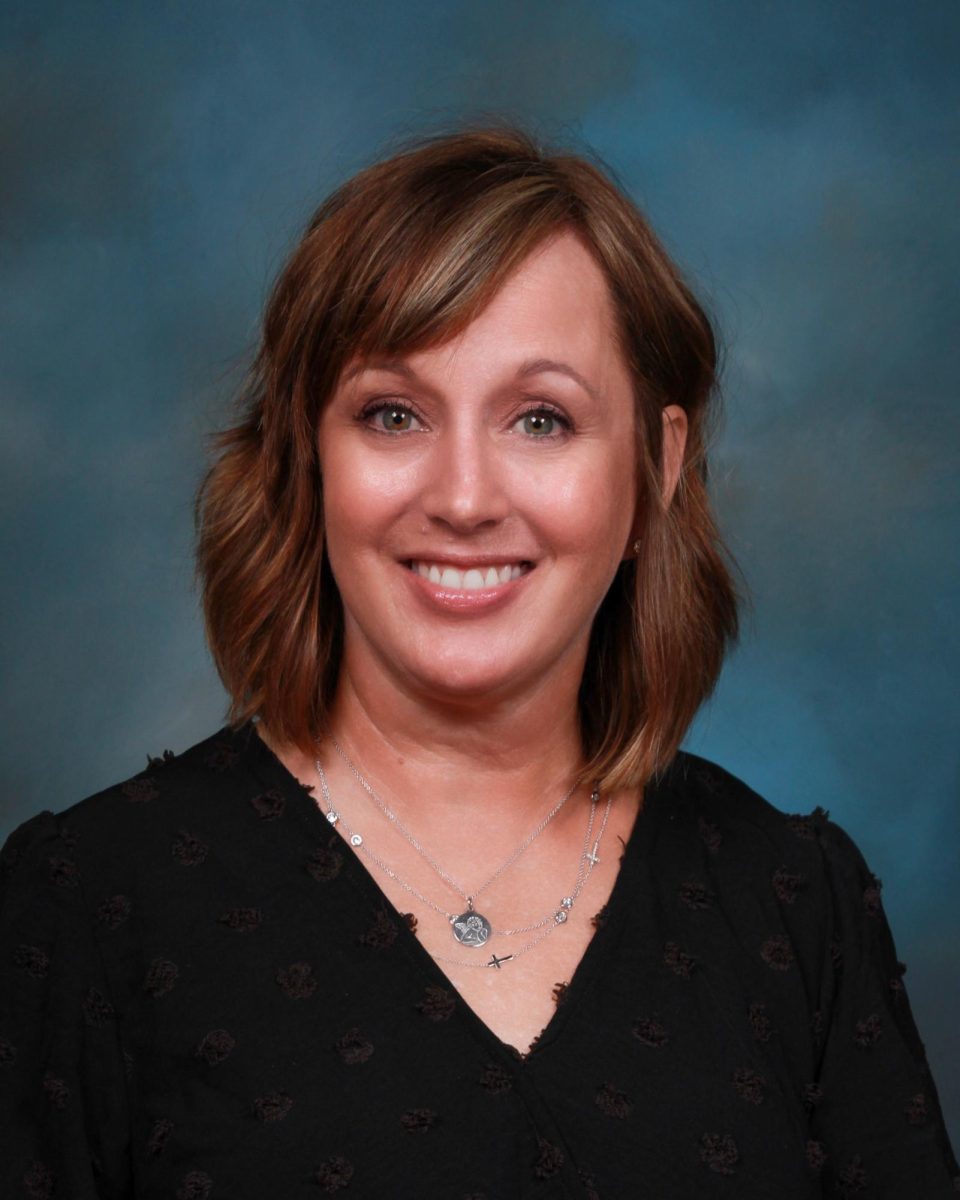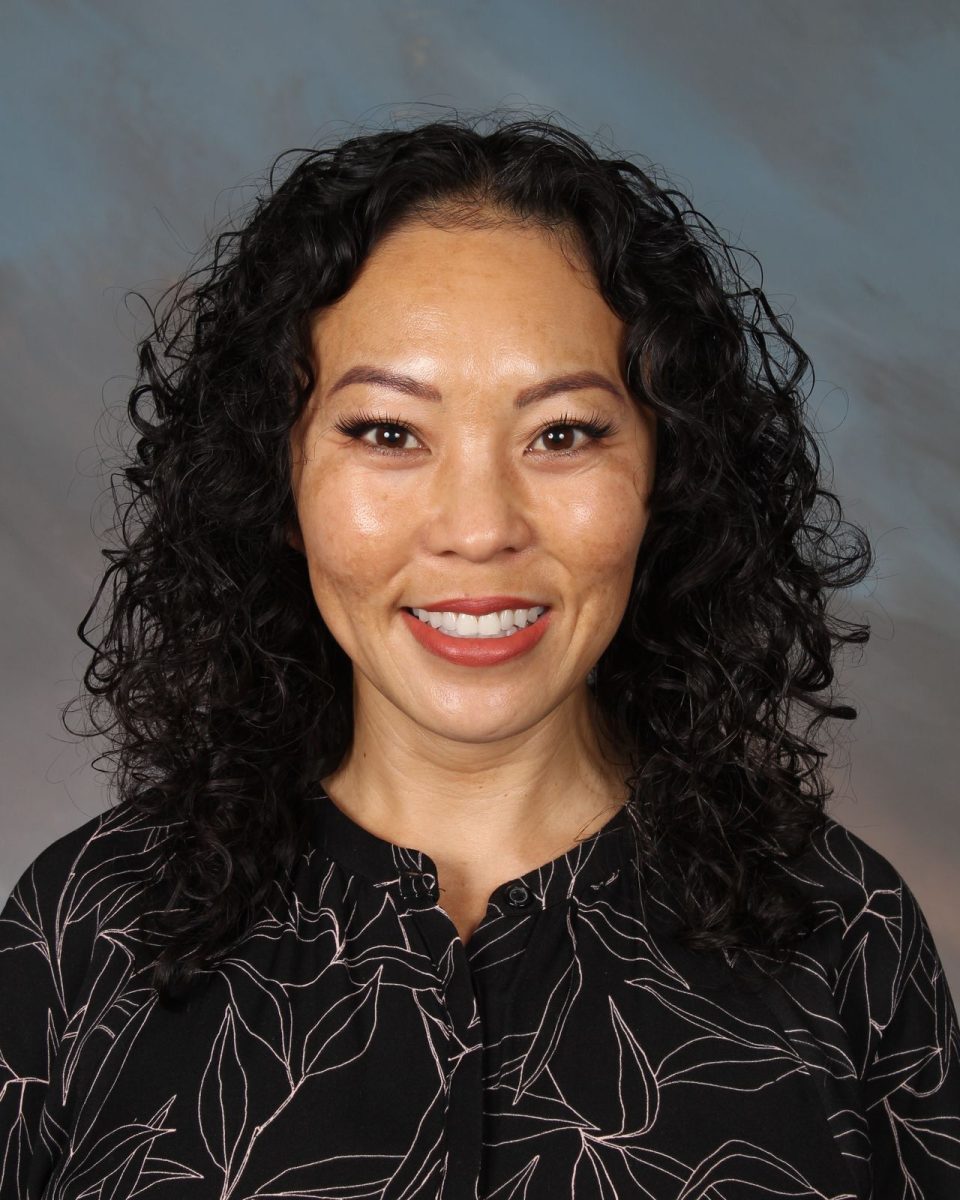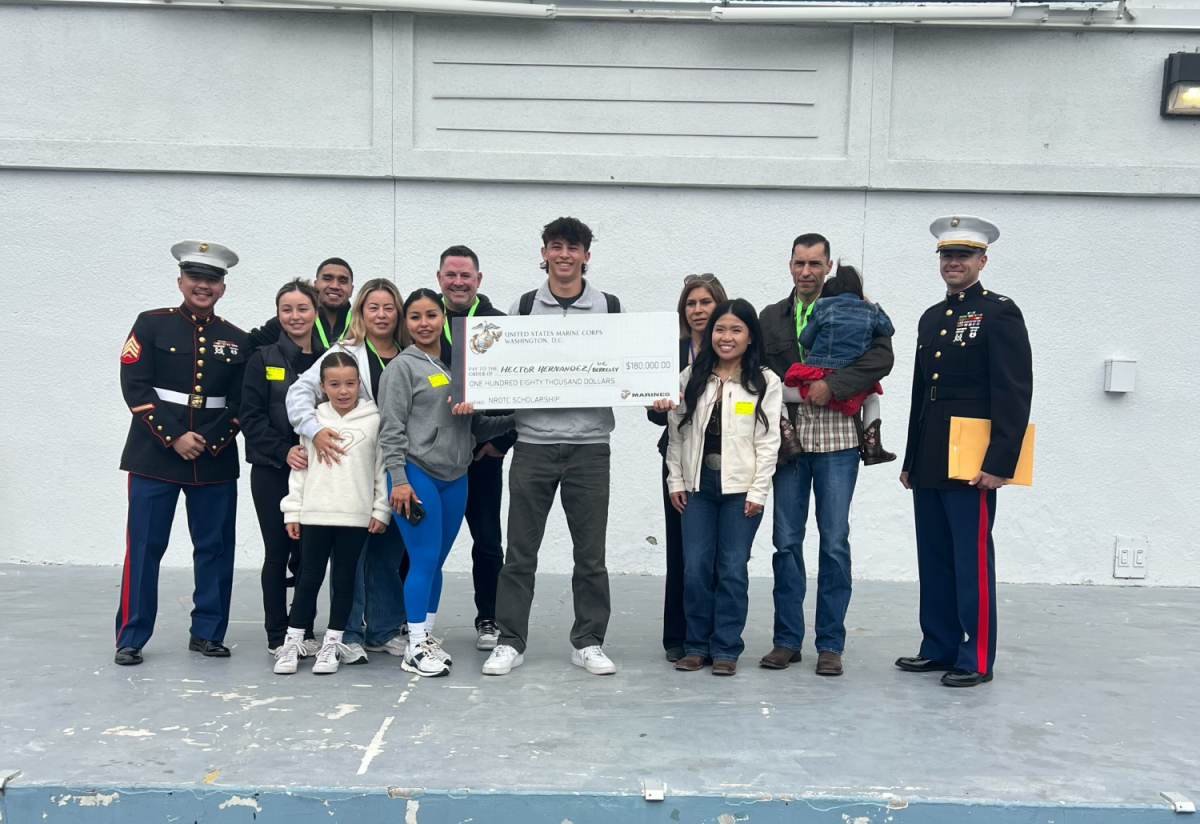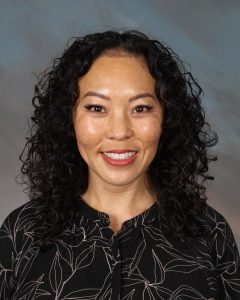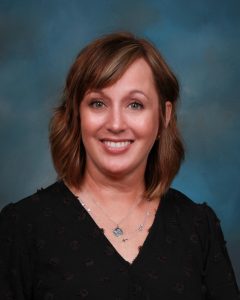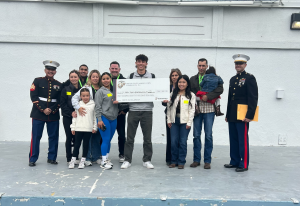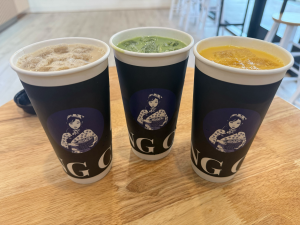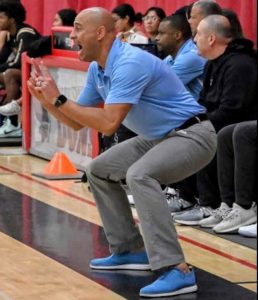Wilds’ way with words transcends borders
Through dual immersion programs and advanced language classes, freshman Leila Wilds embraces her mixed heritage.
May 2, 2022
When freshman Leila Wilds speaks, half the world is able to listen.
Wilds’ trilingual background in English, Spanish and Mandarin Chinese gives her an opportunity to connect with her family and learn more about different cultures. Whereas English and Spanish are her native languages stemming from her bicultural family, Wilds learned Chinese as part of a dual immersion program since kindergarten, currently enrolling in Chinese 3 at Walnut High School.
“There’s a lot of freshmen in my class this year so it’s very supportive because you’re with people that you’ve grown up with. You have a certain bond with them and it’s nice that you know you have a whole bunch of friends in there,” Wilds said, “[My class] has a positive environment and the teachers are understanding.”
In the 10 years Wilds has been learning Chinese in WVUSD schools, she has often been in classes with native and heritage speakers, one of the only non-Asian faces in a majority Asian program. In her current class, for example, Wilds is the only African-American freshman.
“People would be like, ‘Oh my God, you speak really good Chinese.’ That makes me happy [and] proud of myself because it’s a cool skill that I have,” Wilds said. “I wouldn’t say there [are] a lot of difficulties [to being a minority], but it’s more like you get judged. There are times when I feel like I don’t belong.”
In seventh grade, Wilds and her family even had to report her teacher for racial bias, among other things.
“He came up to me and asked if I wanted the English version of the test. I thought that was so offensive because I’ve been learning Chinese for as long as these people. The fact that he treated everyone else [who was Asian] with more respect rubbed me the wrong way,” Wilds said. “There were a couple of other people who were [mixed race] in there so we all got together and made sure he wasn’t going to defeat us.”
After Wilds’ family and several other parents made complaints to school administration, the teacher was fired.
“It hurt a little to know that my teacher would judge me,” Wilds said. “It does leave and mark and affect the way I think now but at the same time, I tell myself I shouldn’t care because at the end of the day, I just need to work that much harder to prove I’m worthy.”
Other than blatant prejudice, Wilds has experienced her share of simply being from a different background than the other students.
“There was one time when my teacher asked the class if everyone’s tried this dish and I was the only one who raised my hand like ‘no I haven’t,’” Wilds said. “It’s hard to know that I’m different. You grew up one way but you can also relate to this or remember learning about it.”
When Wilds’ mother, Walnut High School Spanish teacher Diana De La Cruz, first made the decision to enroll Wilds in Walnut’s Elementary’s Dual Immersion Program, she already knew there probably would be an imbalance of cultures among the students.
“Leila grew up in Walnut so her friends and the people around her have always been of a different ethnic background,” De La Cruz said. “I wish there were more representation but the demographics of our district don’t always lend itself to that. How many African-Americans do you see in a Chinese class? There’s not that many.”
In the end, De La Cruz decided it was still beneficial for Wilds to learn a new language, especially one that is spoken by over a billion people in the world.
“As a Spanish teacher, I see learning languages as a way to promote diversity. It’s a way to connect back to [our] roots and family in a community that prefers English over any other language,” De La Cruz said. “Sometimes I see students being embarrassed, but it’s actually a strength and a skill that not everybody has. It makes me proud to see [Leila] make that extra effort. It makes me think that in the future, she will continue to use the language and keep that alive.”
Once Wilds reached high school, however, she met teachers who knew how to help her handle the unique challenges that come with being trilingual.
“Sometimes I’ll be speaking Chinese and all of a sudden start speaking Spanish because the words are similar. Sometimes I get frustrated with myself [where] I know the word but I can’t say it. You get down on yourself a lot and sometimes it makes me not want to [learn new languages],” Wilds said. “My teachers [say] ‘just see what it is in English and we’ll help translate it. It’s a very positive environment.”
Although Wilds wants to go into healthcare in the future and not a language-related field, she wants to become more proficient in the ones she knows now, possibly learning French in the future.
“[I know] there’s a lot of people who have come here as immigrants. I can help them if they need anything translated,” Wilds said. “If you learn languages, you can connect to more people and make more friends. It makes you feel warmth and love, even if you’re struggling.”

